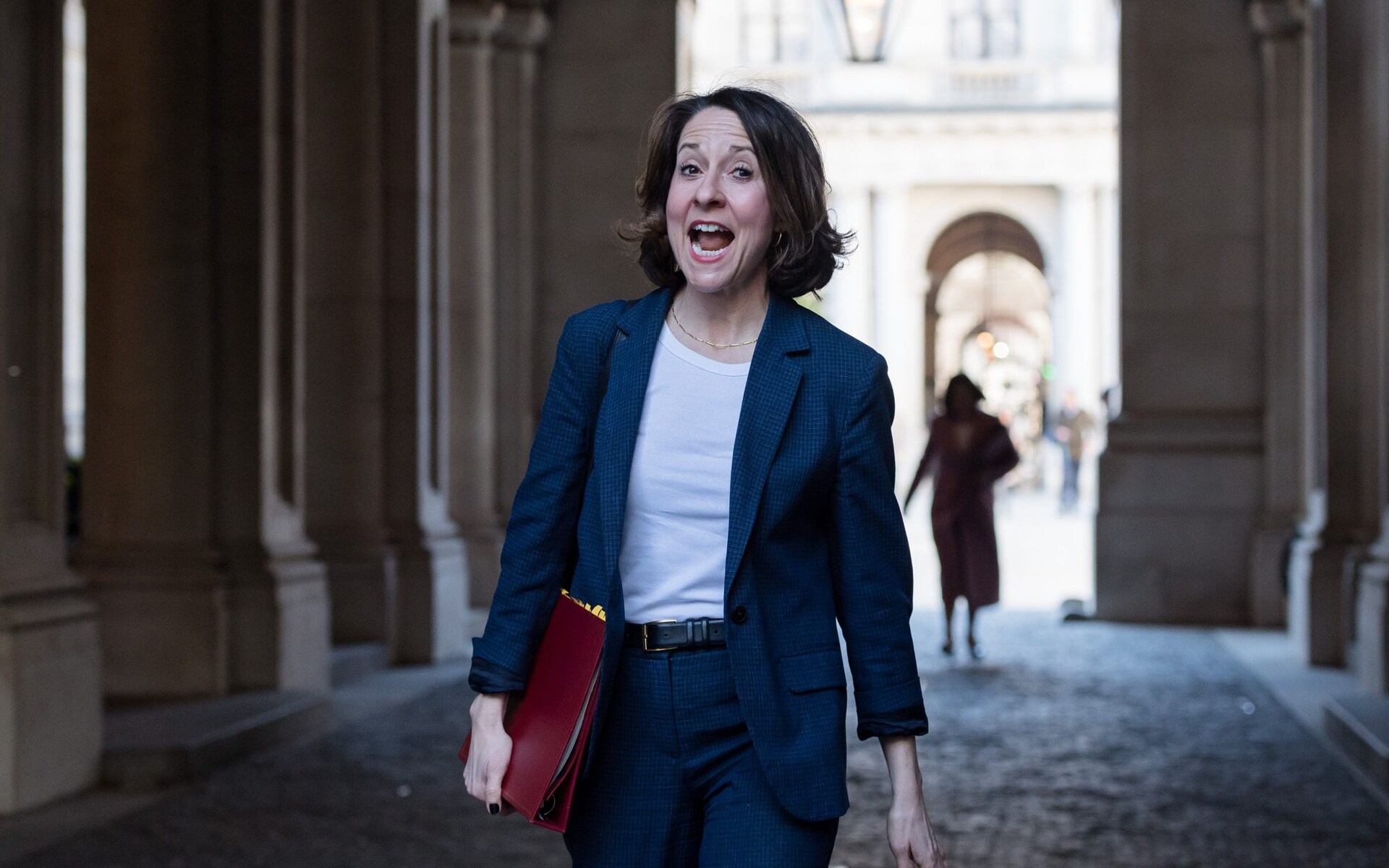Labour's Pension Plan Sparks Unemployment Fears

Concerns Over Employer Pension Contributions
A leading pension consultant has raised concerns about the potential consequences of increasing employer contributions to retirement savings. Paul Cuff, co-head of XPS Pensions, warned that such a move could lead to a "counterproductive" rise in unemployment, especially in an already fragile labor market.
Cuff emphasized that employers are already under significant financial pressure, particularly following recent increases in National Insurance. He pointed out that raising the minimum required contribution levels would add another layer of cost burden for businesses. This, he argued, could negatively impact the economy by reducing companies' ability to invest or hire new employees.
The warning comes as Liz Kendall, the Work and Pensions Minister, launched a new pensions commission to address the issue that tomorrow's retirees may end up poorer than today's. Currently, employers contribute a minimum of 3% to their employees' pensions, while employees contribute at least 5% of their pre-tax salary, totaling 8%. However, Cuff stated that the auto-enrolment savings rate needs to be around twice as high—somewhere in the mid-teens—to ensure adequate savings in addition to the state pension. This would place a much greater burden on employers.
The Challenge of Retirement Savings
The government has highlighted that nearly half of working-age adults are not saving for their pensions, despite the auto-enrolment policy increasing savings rates for eligible employees from 55% in 2012 to 88%. However, the job market is under strain, with several factors contributing to slower hiring. These include a £25 billion tax raid on employers and inflation-busting minimum wage increases.
Unemployment has reached a four-year high of 4.7%, and hiring has been in decline for three years—the longest period on record in the last two decades. In response, Cuff urged the government to develop a plan that gradually increases mandatory saving rates over several years.
Potential Revenue Raisers and Policy Considerations
Amid growing speculation, there are discussions about potentially imposing National Insurance contributions on pensioners for the first time to help bridge a funding gap of up to £50 billion before the autumn Budget. Currently, individuals working past the state pension age of 66 are exempt from this levy. Ending this tax break could generate £1.1 billion annually by the end of the decade, according to the Institute for Fiscal Studies.
Steve Webb, former pensions minister, suggested that such a move could be justified by arguing that it does not affect working families or manifesto pledges, as it targets pensioners who happen to be working. Gordon Brown, the former prime minister, also mentioned that this could be a potential revenue raiser for the chancellor.
However, Baroness Ros Altmann warned that such a policy could lead to lower employment rates among pensioners. She stressed the importance of encouraging more older people to remain in the workforce. Meanwhile, Ms. Reeves has pledged not to increase income tax, employee National Insurance, or VAT.
Government Response and Future Plans
A government spokesperson confirmed that there will be no changes to minimum auto-enrolment contribution rates during this Parliament. They emphasized that reforms to the pensions market aim to drive economic growth, ensure greater security in retirement, and put more money in people’s pockets as part of the Plan for Change.
Additionally, the government is implementing the biggest reforms to employment support in a generation, with the goal of achieving an 80% employment rate.
Post a Comment for "Labour's Pension Plan Sparks Unemployment Fears"
Post a Comment